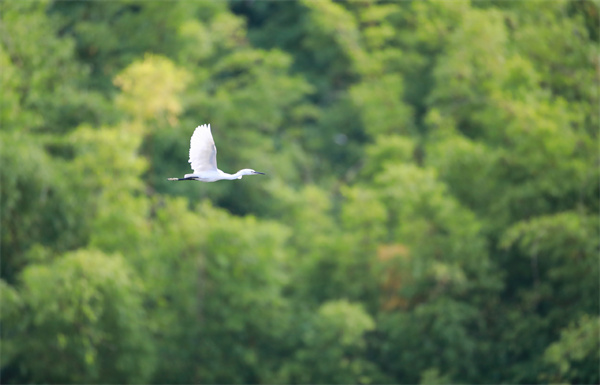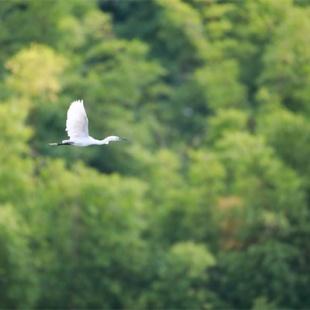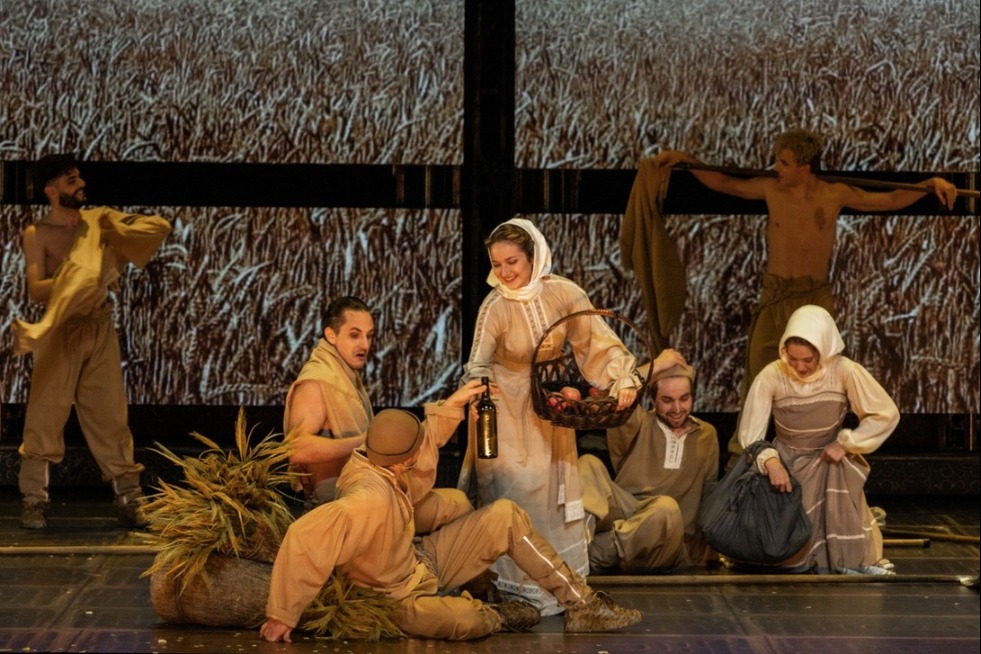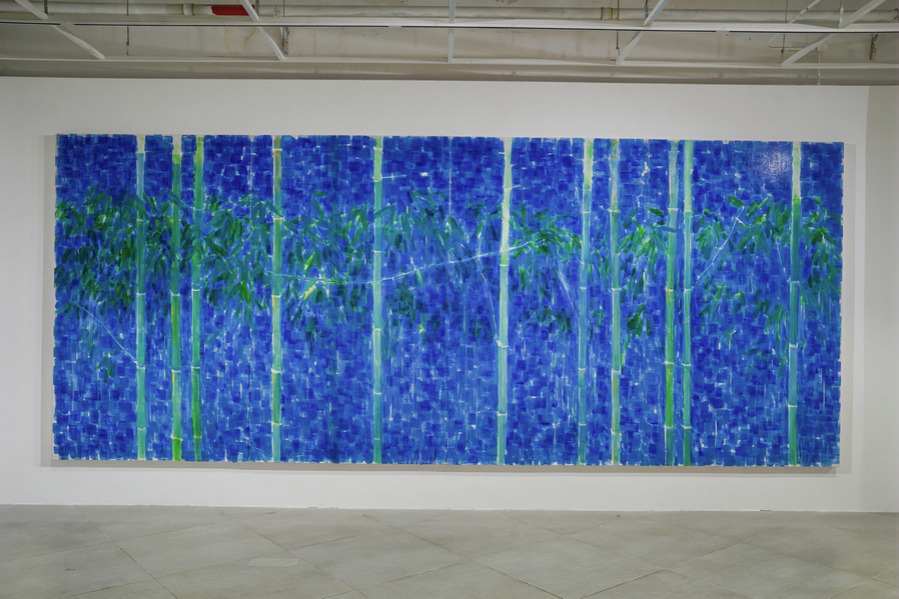Our feathered friends are a faithful testament to Chinese wisdom


As summer sings its swan song, perhaps an ornithological homage "falls" into place here, no?
It's popular to bring your pride and joy to the park to strut their stuff. And I'm chirping birds, not babies.
"I'm unoccupied, as osmanthus flowers fall,
This quiet night in spring, the hill is empty.
The moon comes out and startles the birds on the hill,
They don't stop calling in the spring ravine."
So reads Tang Dynasty poet Wang Wei's (701-761) birdy bard-backed Niaoming Jian (Birds Calling in the Ravine).
Wang, a Buddhist mystic, took an impartial, layman-esque observer's take on the eighth century, middling and meddling among the masses as it were.
And a few cuckoo bird hipster bards of the ancient Middle Kingdom failed to imprint their chops on their choice cherishable quiz night chapter challenges. Mind you, cuckoos are the ultimate deadbeat dads, dropping their offspring's DNA off at the nearest firehouse to cherish the child-raising challenge.
With the previous para percolating, let's boldly bivouac back to the unattributed Chinese birding bravado with: "Living at a river, one comes to know the nature of the fish therein; Dwelling by a mountain, one learns to recognize the language of the birds thereupon".





































